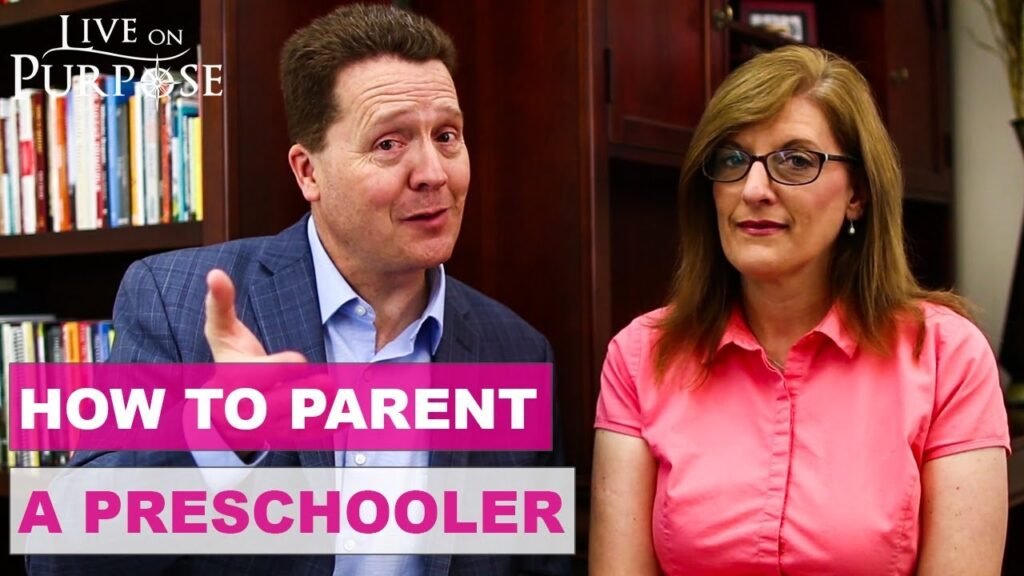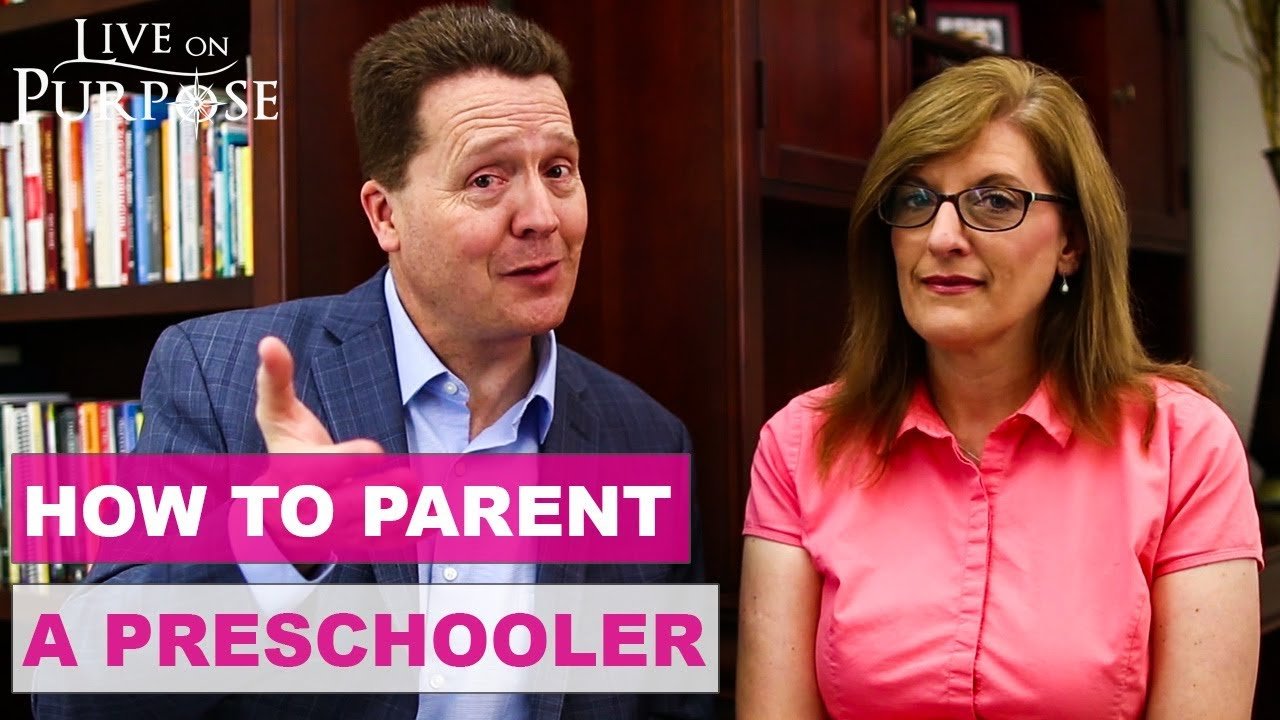Are you looking for positive parenting tips for preschoolers? Well, you’re in luck! In the article “Giving Preschoolers Control: The Benefits of Using Two Choices,” we explore how positive parenting greatly affects preschoolers and how their developmental process in communication plays a role. We also discuss the importance of understanding the three stages of moral development in preschoolers and how catching and reinforcing positive behaviors is crucial. Additionally, we touch on the significance of showering children with positive attention and the impact that parent’s emotional tone can have on their child. To further support parents, we mention the availability of the Parenting Powerup program. So, if you’re ready to learn more about giving preschoolers a sense of control and the benefits of using two choices, keep reading!
Preschoolers are at a fragile stage of development, which makes positive parenting incredibly important. By understanding their self-centered nature and developmental process in communication, parents can effectively communicate with their preschoolers. We emphasize the value of turning words into gold by pairing them with consequences and the significance of physical proximity and close attention. Additionally, we discuss the importance of catching and reinforcing positive behaviors and providing children with positive attention for their accomplishments. To get even more guidance on positive parenting for preschoolers, we recommend checking out the Parenting Powerup program. So, if you’re ready to enhance your parenting strategies for preschoolers, dive into the benefits of giving them control and using two choices.

Positive Parenting and Preschoolers
Positive parenting greatly affects preschoolers as they are at a fragile stage of development. It is important for parents to understand preschoolers’ needs and use effective strategies to communicate with them. Developmental processes in communication for preschoolers can be challenging, as they tend to be self-centered and have a limited understanding of sarcasm. However, by using techniques such as physical proximity and offering choices, parents can foster positive behaviors and moral development in their preschoolers. Recognizing and reinforcing positive behaviors with showering children with positive attention can also have a significant impact on their emotional well-being. It is crucial for parents to regulate their emotions and provide a calm environment for their children. The Parenting Powerup program offers resources and benefits to support parents in their journey of positive parenting.
Understanding Preschoolers’ Communication
Preschoolers tend to be self-centered, which is a typical aspect of their development. Their focus is on their immediate desires and they do not have a strong capacity for delayed gratification. It is essential for parents to understand that this self-centeredness is a normal part of their growth and not a negative characteristic. Additionally, preschoolers are still in the process of understanding language nuances and non-verbal cues. While they are learning words, they may struggle with comprehending the subtleties of body language and sarcasm. Parents should be aware of these limitations and communicate with their preschoolers in a clear and straightforward manner.
Using Two Choices for Preschoolers
Offering preschoolers two choices can be an effective way to give them a sense of control and encourage cooperation. When parents provide two acceptable alternatives, preschoolers feel empowered to make decisions within boundaries set by their parents. It is important for parents to ensure that both choices are acceptable to them, as children may choose an option that is not suitable. By controlling one choice and making it the default, parents can guide their preschoolers towards making a decision that aligns with their expectations.
Moral Development in Preschoolers
Preschoolers go through three stages of moral development. In the first stage, they are self-centered and focused on meeting their own needs. Tantrums and manipulative behavior are common as they struggle to understand the consequences of their actions on others. The second stage is marked by increased cooperation and a willingness to comply with rules. Preschoolers in this stage are more aware of the needs and feelings of others. The third stage represents a higher level of maturity and responsibility where children show initiative and take responsibility for their actions. While preschoolers may display glimpses of stage three behavior, it is not typical for them to fully embody this level of moral development.
Reinforcing Positive Behaviors in Preschoolers
Catching and reinforcing positive behaviors are essential for promoting desirable actions in preschoolers. Preschoolers seek attention and thrive on positive reinforcement. By focusing on the behaviors parents want to encourage, they can strengthen their child’s confidence and self-esteem. Recognizing and celebrating accomplishments, regardless of size, can have a significant impact on preschoolers’ emotional well-being. It is important for parents to create an environment that encourages positive behavior and emphasizes the value of effort.
Showering Children with Positive Attention
Positive attention is crucial for preschoolers’ emotional development. Recognizing and celebrating their accomplishments helps build their self-esteem and motivates them to engage in positive behaviors. It is important for parents to actively engage with their preschoolers, show interest in their activities, and provide encouragement and praise. By showering children with positive attention, parents can create a positive and loving atmosphere that supports their emotional well-being.
Regulating Emotions as Parents
Parents’ emotional tone greatly impacts their children. Preschoolers are highly sensitive to their parents’ emotions and often mirror their behaviors. It is important for parents to stay calm, regulate their emotions, and provide a secure environment for their children. By modeling emotional regulation, parents can help their preschoolers develop healthy coping mechanisms and emotional intelligence.
Parenting Powerup Program
The Parenting Powerup program is an invaluable resource for parents seeking guidance and support in positive parenting. It offers comprehensive resources and benefits to help parents navigate the challenges of raising preschoolers. The program provides guidance on understanding preschoolers’ needs, effective communication strategies, fostering moral development, and reinforcing positive behaviors. Parents can access the program’s resources to enhance their parenting skills and create a nurturing environment for their preschoolers.
Observing Someone Standing Alone
One personal experience shared by the speaker involved seeing someone standing alone in the street. While the context and details of this experience are not provided, it serves as a reminder to be observant and aware of others’ emotions and needs. This anecdote demonstrates the speaker’s empathy and their belief in the importance of noticing and reaching out to those who may need support.
Conclusion
Using two choices is a beneficial strategy for preschoolers as it gives them a sense of control and encourages cooperation. Positive parenting greatly influences preschoolers’ development, and understanding their communication needs is crucial. Recognizing and reinforcing positive behaviors, as well as showering children with positive attention, have a significant impact on preschoolers’ emotional well-being. Regulating emotions as parents and staying calm play a vital role in creating a secure environment for children. The Parenting Powerup program offers valuable resources and support for parents on their positive parenting journey. By exploring these resources, parents can enhance their parenting skills and create a nurturing environment that fosters their preschoolers’ growth and development.

